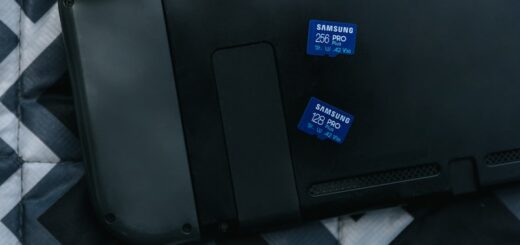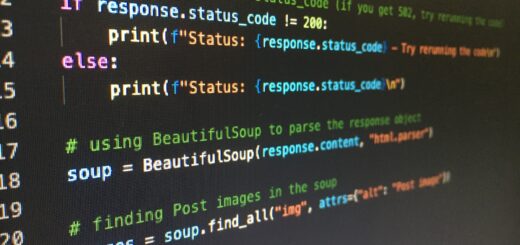The math of piracy
"Stealing" generally connotes taking something away from someone else. With piracy, a potential sale is lost: the pirate might have bought the item were it not available illegally for free. With theft, there is both potential sale loss and property loss: if you steal a car from Toyota, they lose the ability to sell the car to you, and they also lose access to the car itself (which prevents them from selling it to anyone else). So Toyota loses twice, whereas the RIAA loses only once. Of course, the ethical difference is probably larger than simply double. To use an old saying, let us assume that:
potential sale = a bird in the bush
and,
access to physical product = a bird in the hand
As we know from the ancient algorithm,
a bird in the hand = 2 * (a bird in the bush)
Piracy loses a potential sale, and theft loses a potential sale and access to a physical product. Therefore, given the following equation:
a bird in the bush = x * (a bird in the hand + a bird in the bush)
We should be able to solve for x, where x is the amount that piracy is as morally reprehensible as theft.
a bird in the bush = x * (2 * a bird in the bush + a bird in the bush)
a bird in the bush = x * (3 * a bird in the bush)
a bird in the bush / 3 = x * a bird in the bush
1/3 = xAs you can see, piracy is clearly 1/3rd as bad as theft. But, I have a feeling that the above algorithm still doesn't sufficiently illustrate the ethical difference between piracy and theft. Let's try again:
With piracy, the RIAA has lost the potential sale to the individual pirate. However, they still can sell the same DRMed AAC file to someone else. With our theft example, not only has Toyota lost the ability to sell to the thief: they've also lost the ability to sell that car to anyone else in the world. Therefore, if
X = likelihood of sale to one individual
and we assume that reduced likelihood of a potential future sale (which is the RIAA's claim of loss) is equivalent to some loss of income, Toyota's lost income is:
X * world population * price
And the RIAA has lost:
X * 1 * price
Meaning that piracy, at the time of writing, is approximately 7 billion times better than theft, and increases in its relative virtue at every moment.








